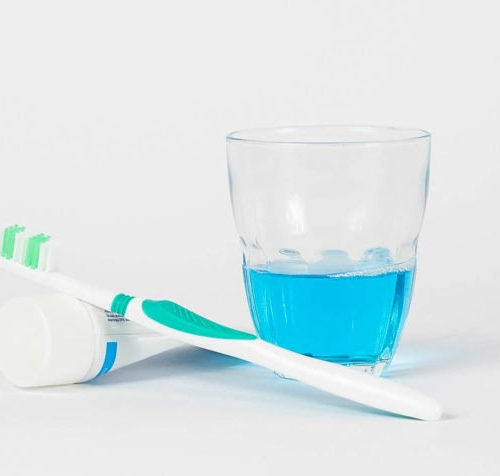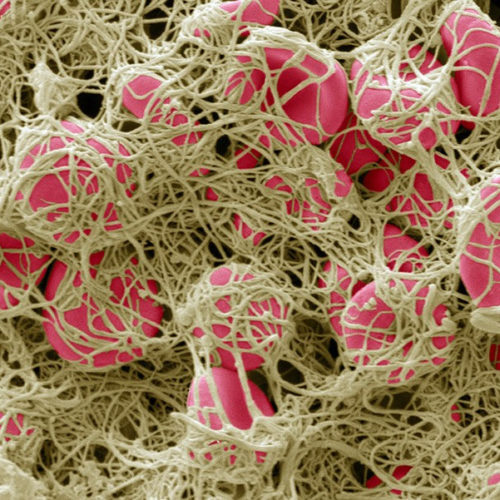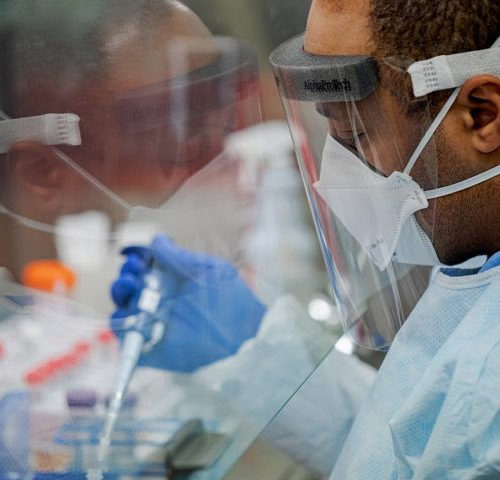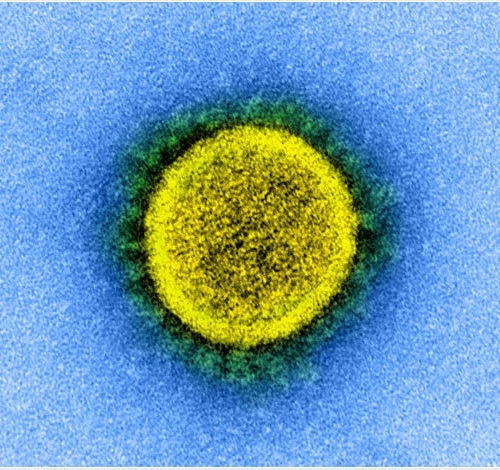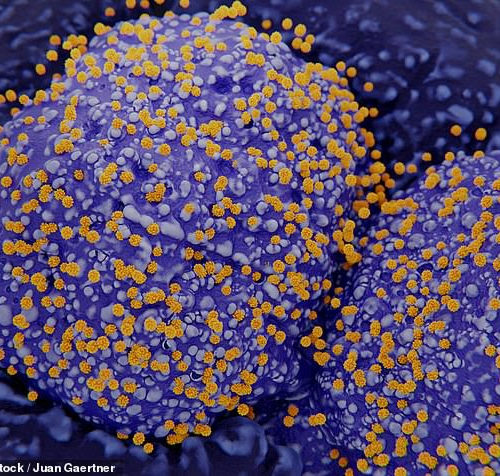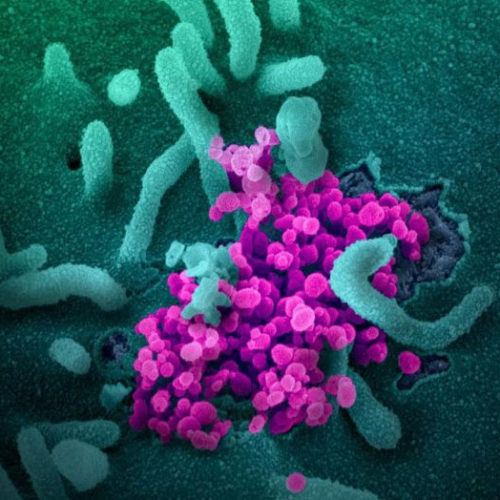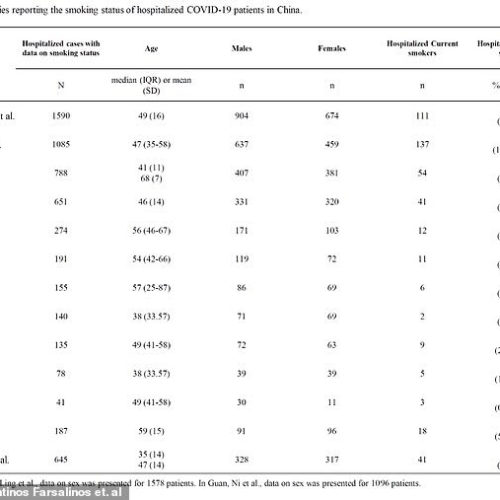A group of scientists has called for urgent research into whether readily-available mouthwash could be effective in reducing SARS-CoV-2 transmission. The group carried out a review of scientific research in this area, published in the journal Function, to assess whether mouthwash could have the potential to reduce transmission in the early stages of infection. The...
Category: <span>Virology</span>
Researchers urge immediate study of oral rinses as the COVID-19 pandemic continues to spread
by American Physiological Society Readily available dental mouthwashes have the potential to destroy the lipid envelope of coronaviruses, combating virus replication in the mouth and throat. The findings are presented in a new review article published today in Function, concluding that there is an urgent need to test the effectiveness of this approach in clinical...
Coronavirus blood-clot mystery intensifies
Research begins to pick apart the mechanisms behind a deadly COVID-19 complication. Purple rashes, swollen legs, clogged catheters and sudden death — blood clots, large and small, are a frequent complication of COVID-19, and researchers are just beginning to untangle why. For weeks, reports have poured in of the disease’s effects throughout the body, many...
Scientists have a hypothesis, why COVID-19 affects older people more
Both old and young people can get COVID-19. However, healthy young people usually get better without any treatment at all, while older patients can experience some life-threatening complications. Why older people are at higher risk of more difficult COVID-19 cases? Scientists from ETH Zurich have a good hypothesis. As you get older, your immune system...
New information on viral antigens could improve COVID-19 testing
By Sally Robertson, B.Sc The team says that as well as improving the sensitivity and specificity of serology tests for early diagnosis of current infection, the findings could aid the identification of previous infection, which is essential for determining the rate of infection spread. They could also lay the foundations for identifying which antigens should...
Radboudumc researchers publish new insights into COVID-19
Researchers at the Radboud university medical center seem to have found an essential mechanism in the disease process of COVID-19, which has so far been overlooked. If the insight is correct, it probably has important consequences for the treatment of the disease. In an international collaborative effort it is now being investigated whether the new...
COVID-19 study shows that men have over double the death rate of women
The COVID-19 pandemic has exploded across the globe, leaving healthcare staff, policy makers and ordinary people struggling. We still don’t completely understand why some people are more severely affected by the virus than others. So far, the elderly and those with certain pre-existing conditions appear to be at greater risk. A new study in open-access...
Scientists identify the cells in human lungs, noses and intestines that are most vulnerable to the coronavirus
By IAN RANDALL FOR MAILONLINE and PRESS ASSOCIATION COVID-19 needs two particular proteins to gain access inside target cells Researchers used a database of cell types to find which have both proteins They found that coronavirus exploits a protein that usually helps fight viruses The findings may help experts as they hunt for treatments against...
Neurologists watch for signs that COVID-19 can attack the brain
Neurologists at the University of Alberta are monitoring Edmonton patients diagnosed with COVID-19 for signs that the virus, which can cause deadly respiratory illness, may also attack the brain. “Several manuscripts have been published that suggest patients with severe COVID-19 symptoms also display neurological problems such as confusion, stroke-like attacks, even a hemorrhage in the...
French researchers to give nicotine patches to coronavirus patients and frontline workers after lower rates of infection were found among smokers
By MARY KEKATOS SENIOR HEALTH REPORTER FOR DAILYMAIL.COM A French study found that only 4.4% of 350 coronavirus patients hospitalized were regular smokers and 5.3% of 130 homebound patients smoked This pales in comparison with at least 25% of the French population that smokes Researchers theorized nicotine could prevent the virus from infecting cells or...

